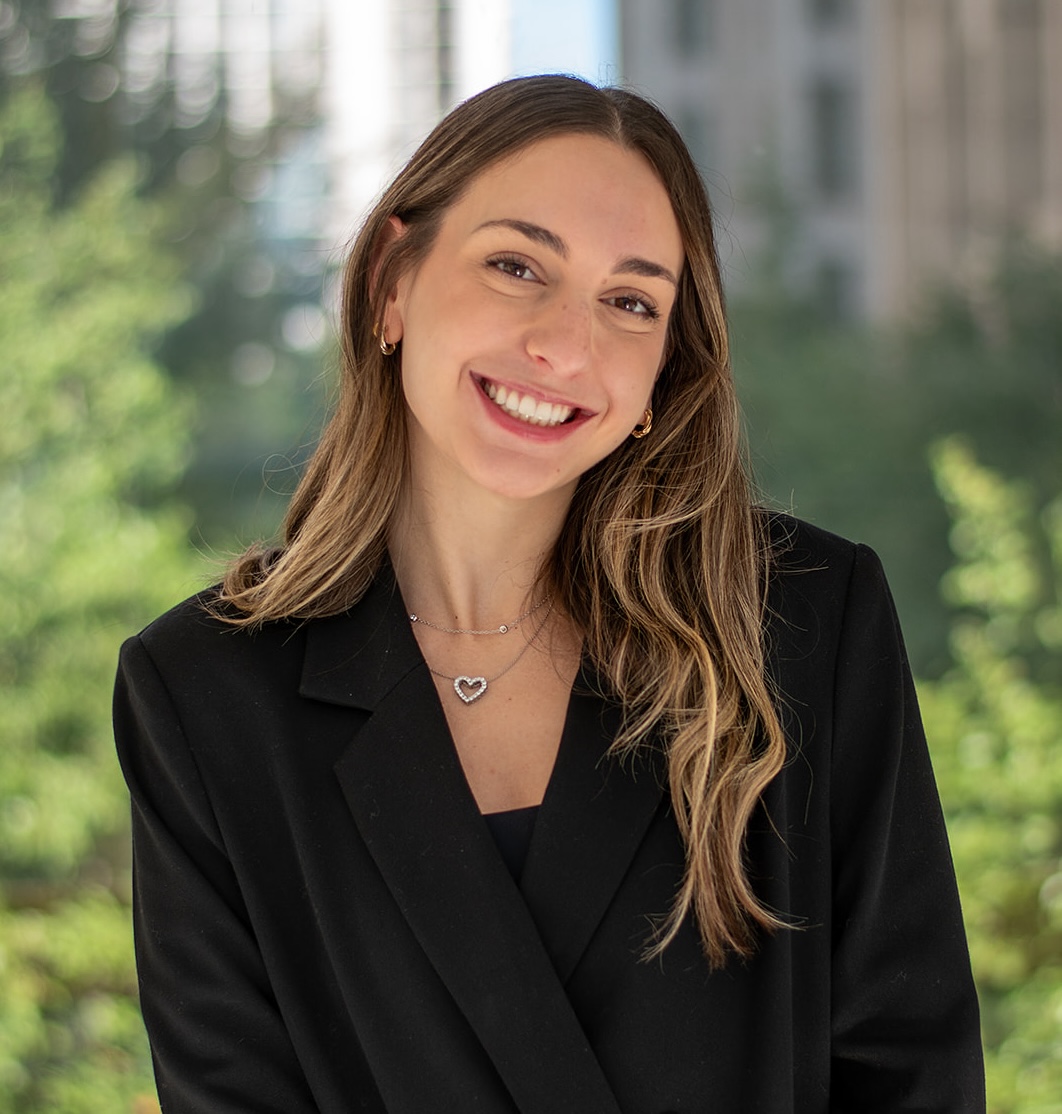CRS Scientist Spotlight on Natasha Salpeter
Everyone has unique interests, and building connections with those who share your passion can lead to more meaningful and impactful relationships.
Natasha Salpeter
MS-RSM Student, Babayev Lab
Natasha Salpeter is a 2nd year MS-RSM student. She recently completed her thesis project and is continuing research in Dr. Elnur Babayev's lab. Her research is focused on a potential treatment option for women experiencing infertility through targeting the ovarian gene expression.

Thesis mentor: Elnur Babayev, MD
Thesis Title: "Modulation of Ovarian Gene Expression Using Adeno-associated Viruses"
What brought you to join the CRS community and what is your current position?
I joined the Master's in Reproductive Science program, centered within CRS, to deepen my knowledge and contribute to the field of reproductive science and medicine. Through CRS, I connected with my current lab, the Babayev Lab, where I completed my thesis project and now continue the research related to my project.
Could you describe your research?
My research in the Babayev Lab aims to find a potential treatment option for women experiencing infertility through targeting the ovarian gene expression. Specifically, I work with adeno-associated viruses to modulate gene expression in human primary granulosa cells.
What aspect(s) of CRS do you find most valuable?
The most valuable aspect of CRS is its dedication to supporting trainees in their growth, particularly within reproductive science and medicine. Being part of this community has helped me discover where my passions lie, while also providing opportunities to learn, connect, and contribute to this rapidly evolving field in meaningful ways.
What has been the most valuable aspect to your training as a reproductive scientist?
The most valuable aspect of my training has been the opportunity to work on a project that seamlessly bridges benchwork with clinical application. Having the independence to consent patients in the clinic and directly handle their samples for experimentation has been an invaluable experience, deepening my appreciation for the impact and potential of translational research.
What is one piece of advice you would give to young scientists starting in their journey in science?
My advice to young scientists is to not be afraid to reach out to individuals in the community whose careers and backgrounds inspire you. Everyone has unique interests, and building connections with those who share your passion can lead to more meaningful and impactful relationships. Through this approach, I have found mentors who not only instill confidence in me but also who I feel will support me throughout my career trajectory.
What do you think will be the next big contribution in the reproductive biology field?
While there are many exciting directions in reproductive biology, I am particularly eager to see advancements in ovarian aging research. In my current environment, I am especially interested in the development of fertility treatments tailored for women of advanced reproductive age and the pathways shaping the future of this field.
What hobbies do you have outside of the lab?
In my time outside of the lab, I enjoy reading, experimenting with new recipes to cook, practicing pilates, as well as spending time with my family and friends!